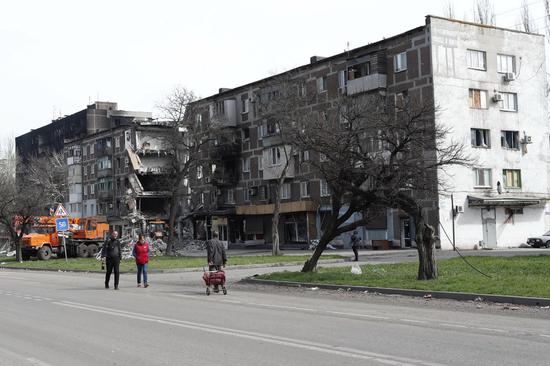
Residents walk past damaged buildings in Mariupol on April 19, 2022. (Photo by Victor/Xinhua)
Blockade of steel plant ordered in place of military force to spare lives
Russian President Vladimir Putin on Thursday ordered a blockade of the Azovstal steel plant in the port city of Mariupol instead of storming it, local media reported.
The order was given after Russian Defense Minister Sergey Shoigu told Putin that the Russian military had controlled Mariupol apart from the plant where Ukrainian soldiers were still holed up, said the report.
Putin said plans to storm the plant were "inappropriate" during a meeting with Shoigu, preferring a blockade instead, according to the Kremlin.
"We must always think about preserving the lives and health of our soldiers and officers," Putin said, adding that the industrial area should nonetheless be blocked off entirely "so a single fly doesn't pass through".
Shoigu said more than 2,000 militants are blocked inside the plant, adding that the operation there would be completed within three or four days.
"We once again offer everyone who has not yet laid down their arms to do so," Putin said, adding that those soldiers who do so would be spared and receive necessary medical attention.
Commenting on the issue, a Ukrainian presidential adviser said Russia understands it cannot take Azovstal by force.
As for the fate of peace talks, Kremlin spokesman Dmitry Peskov said on Thursday that Moscow was still waiting for Kyiv's response after it had handed a document in connection with peace talks to the Ukrainian side.
Ukrainian President Volodymyr Zelensky said on Wednesday he had not seen or heard about the document that the Kremlin said it had sent to Ukraine.
Russia-Ukraine talks are continuing, Peskov added.
Ukraine had proposed talks with Moscow for the evacuation of troops and civilians from Mariupol after the deadline for a Russian-issued surrender-or-die ultimatum passed on Wednesday.
Ukraine had said it was ready for a "special round of negotiations "with no conditions "to save our guys, (the far right) Azov (battalion), military, civilians, children, the living and the wounded," negotiator Mykhailo Podolyak tweeted.
Missile test
The proposal from the Ukrainian government came as Russia drew attention to its military might with the test launch of a nuclear-capable intercontinental ballistic missile.
The Sarmat missile, which Putin said would make Moscow's enemies "stop and think", was test-launched for the first time from Plesetsk in northwestern Russia. The missile hit targets nearly 6,000 kilometers away on the Kamchatka Peninsula in Russia's Far East.
The attention surrounding the new missile also comes in the context of an order by Putin-days after he announced the special military operation on Feb 24-for the country's nuclear forces to be put on high alert.
The nuclear forces will start taking delivery of the new missile "in the autumn of this year" once testing is completed, state-owned news agency TASS quoted Dmitry Rogozin, the head of the Roscosmos space agency, as saying on Wednesday.
Igor Korotchenko, editor-in-chief of Russia's National Defence magazine, told the RIA news agency that the missile test was a signal to the West that Moscow was capable of meting out "crushing retribution that will put an end to the history of any country that has encroached on the security of Russia and its people".
Ukraine's Defense Ministry was not immediately available for comment.
European Council President Charles Michel made a surprise visit to Kyiv on Wednesday, and pledged European solidarity with Ukraine during a meeting with Zelensky.
Michel said the EU had provided Ukraine with 1.5 billion euros ($1.63 billion) of military equipment as well as imposed sanctions on Russia but would look for more ways to respond to Russia's military operation.
"I am convinced… that sooner or later we will target oil and gas," he said, without giving details.








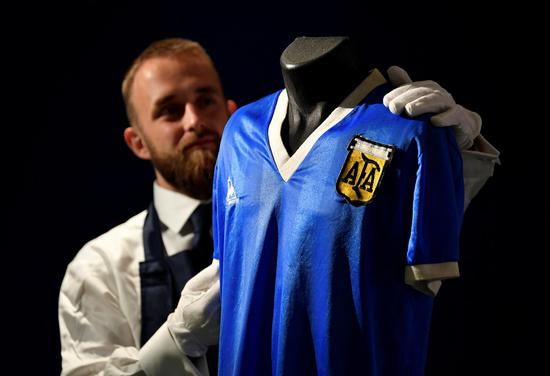
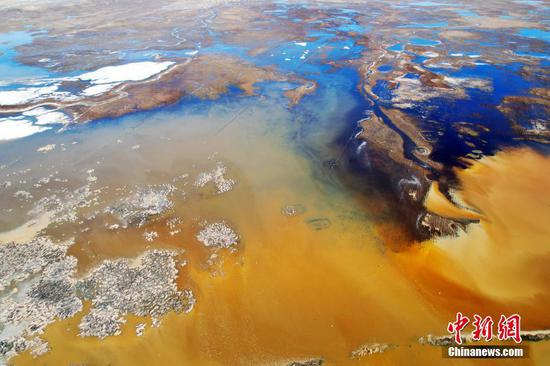
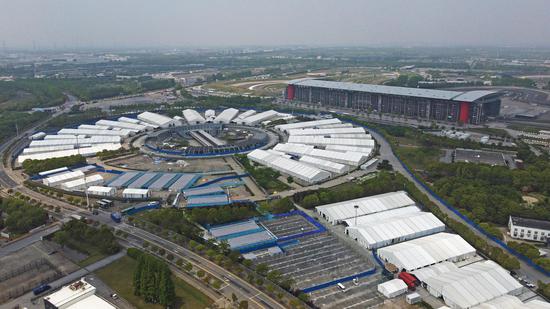
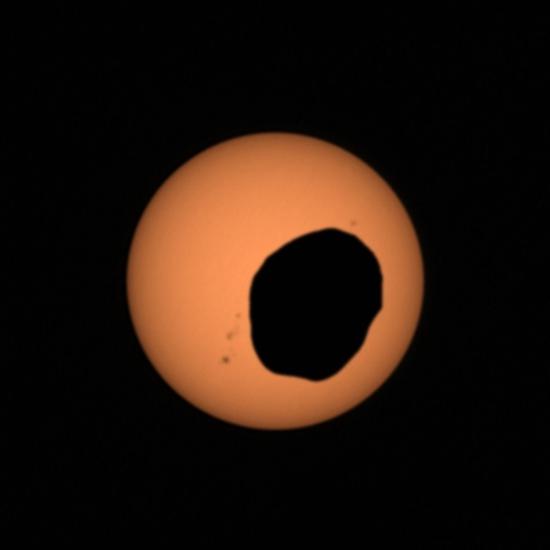
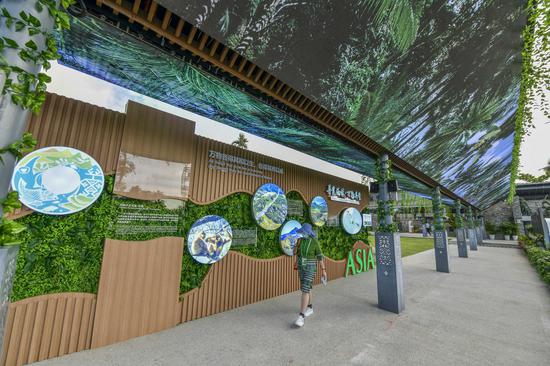
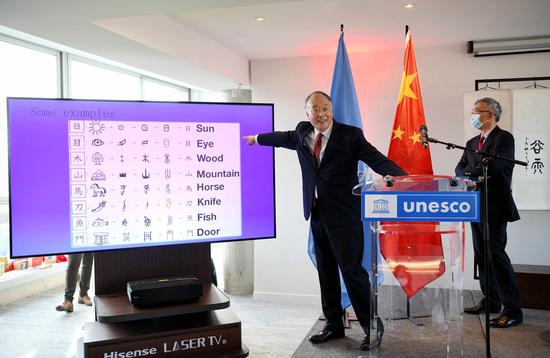
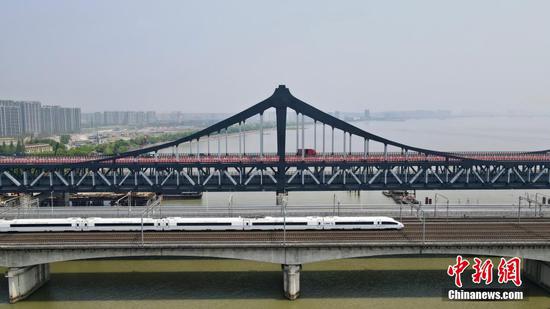
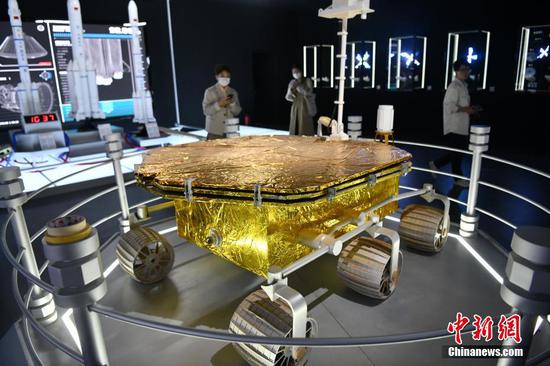
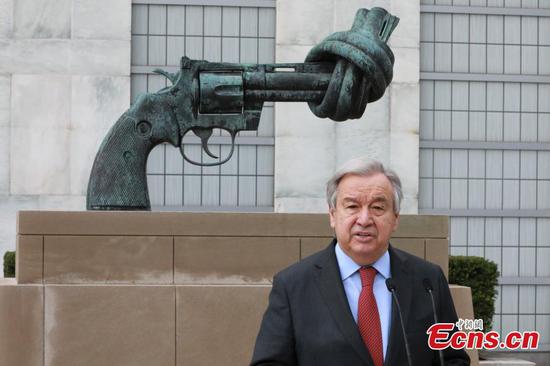
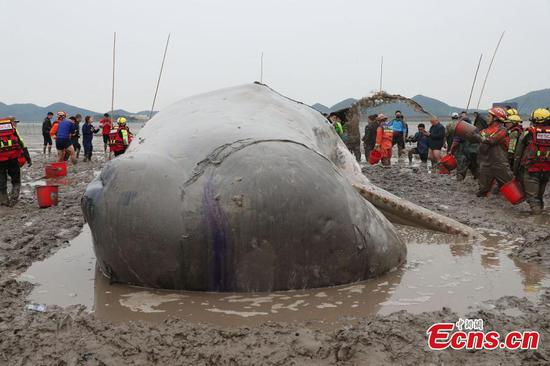
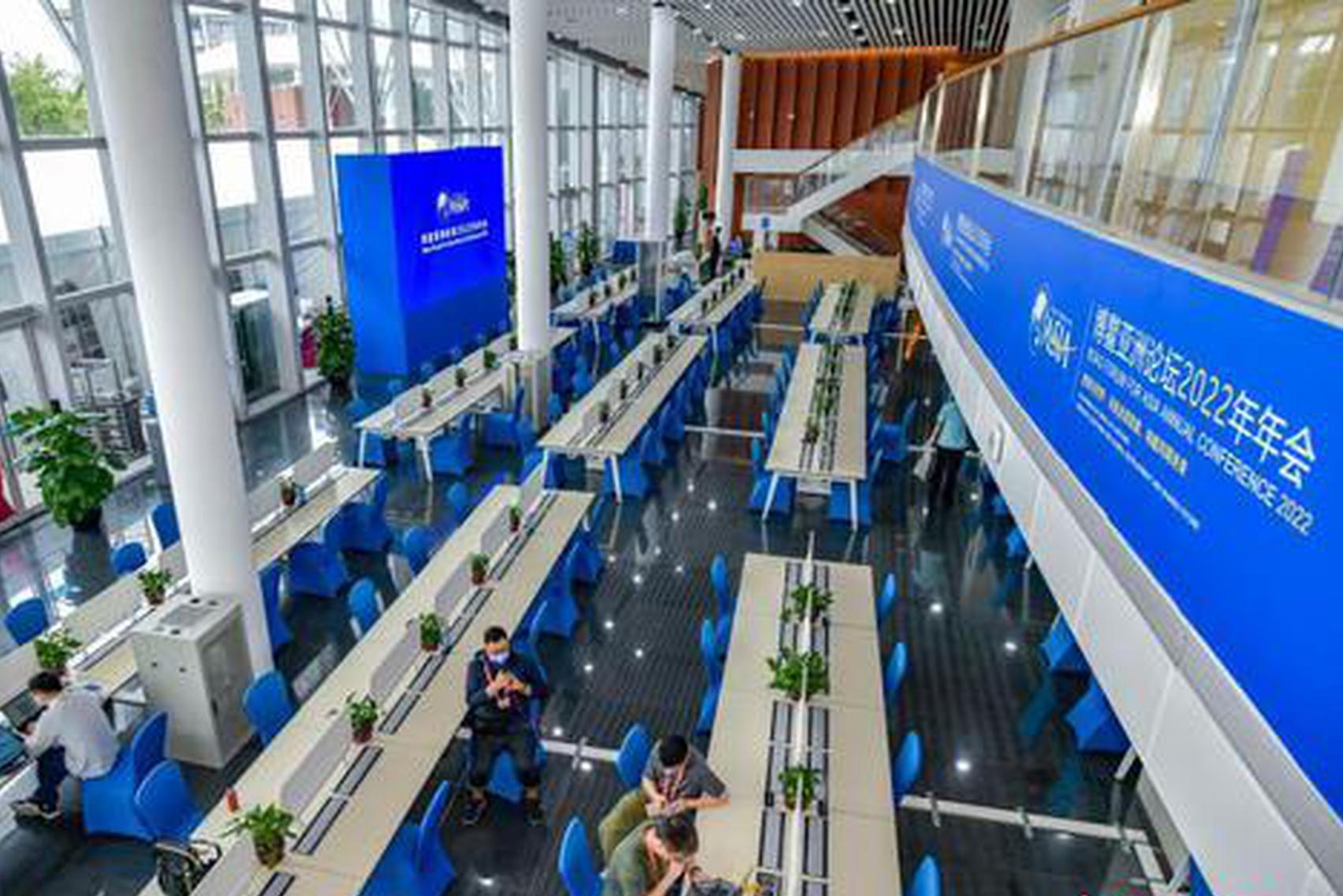



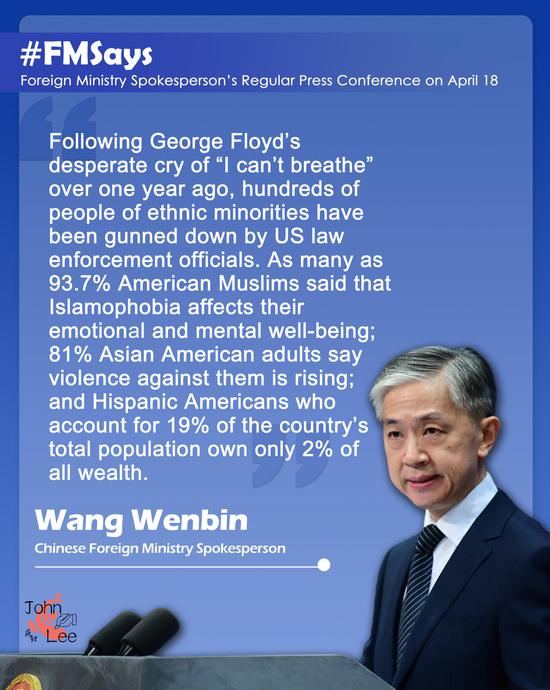
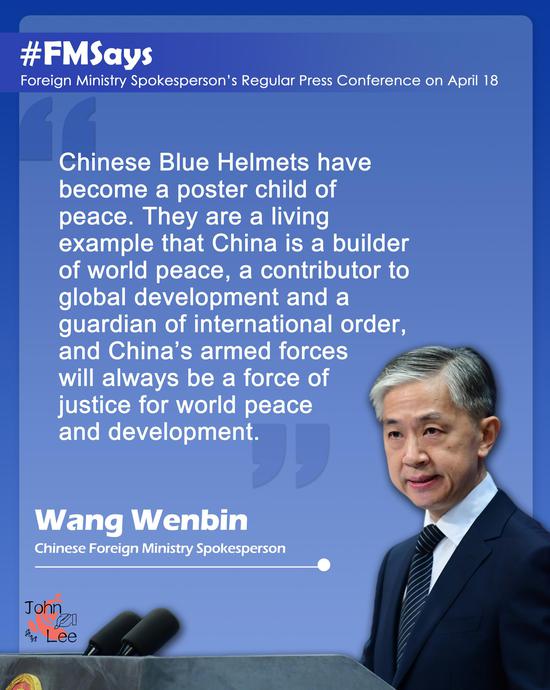
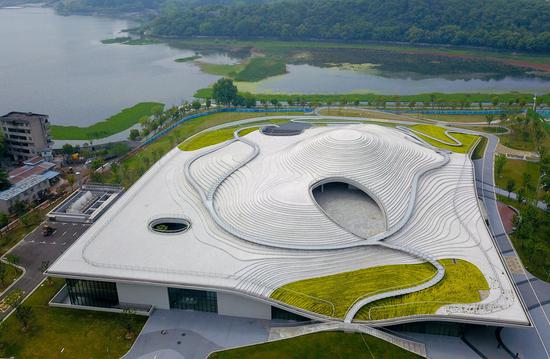
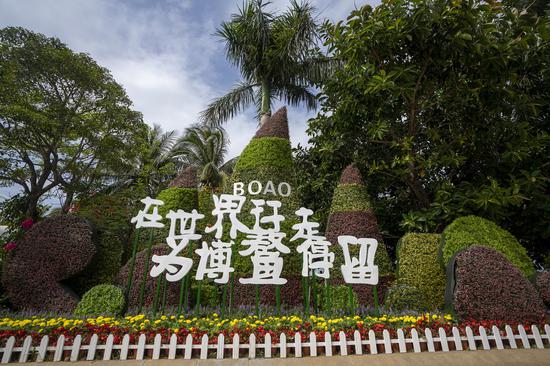
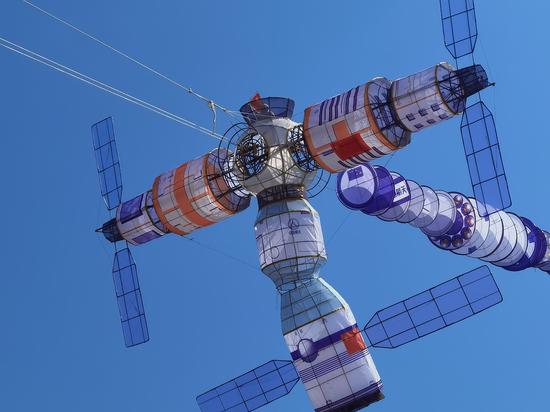
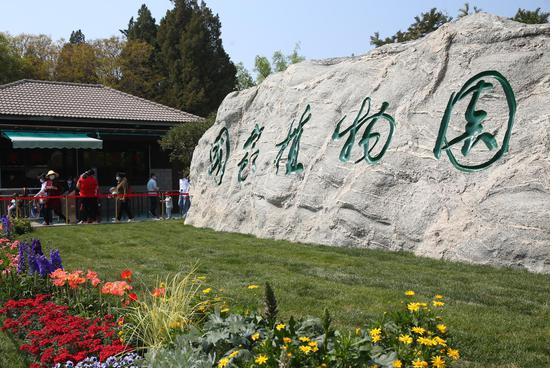
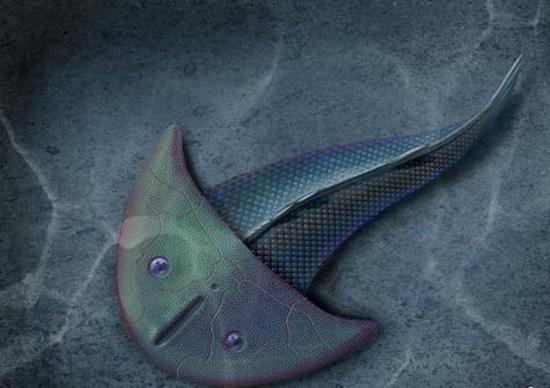
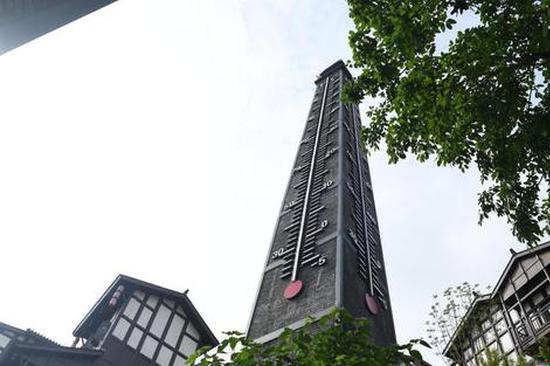
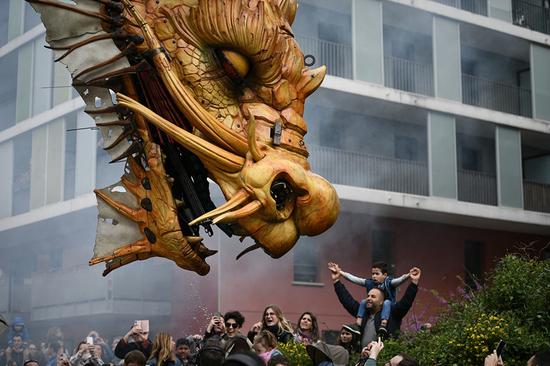
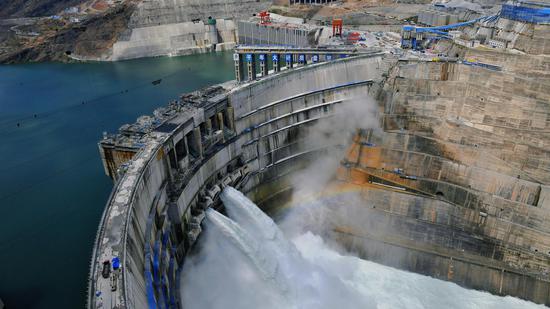
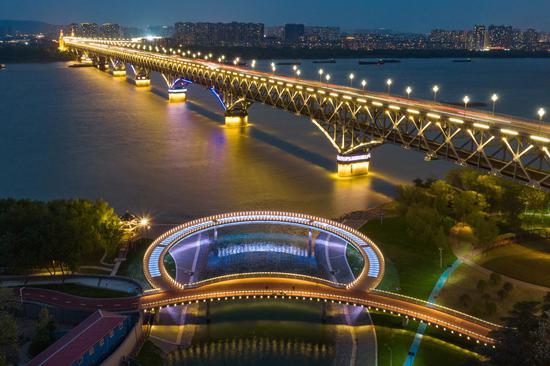

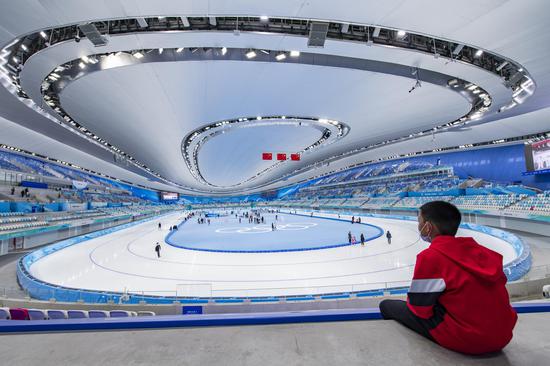
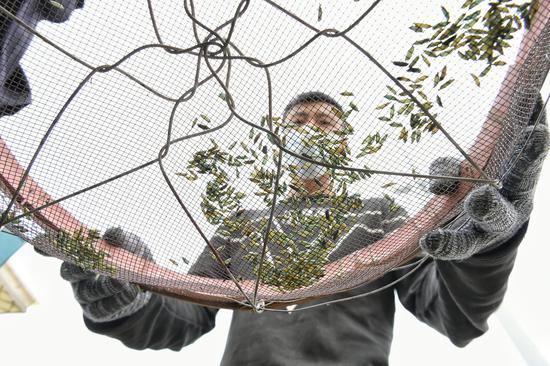


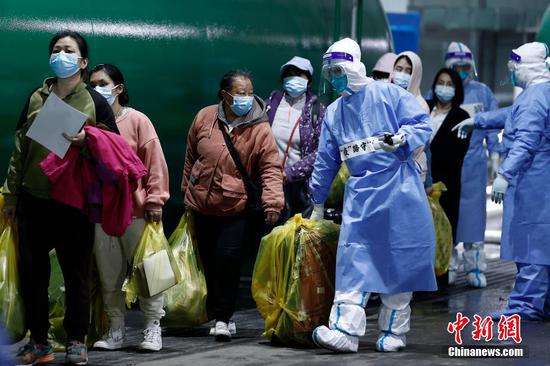
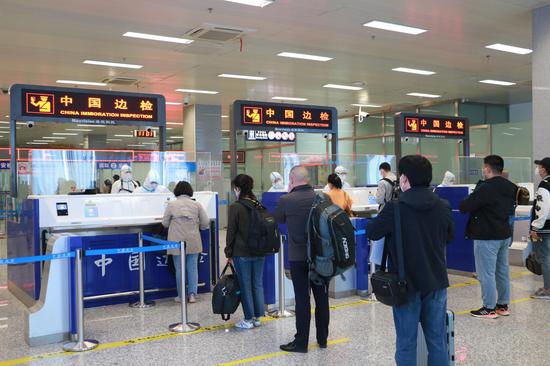
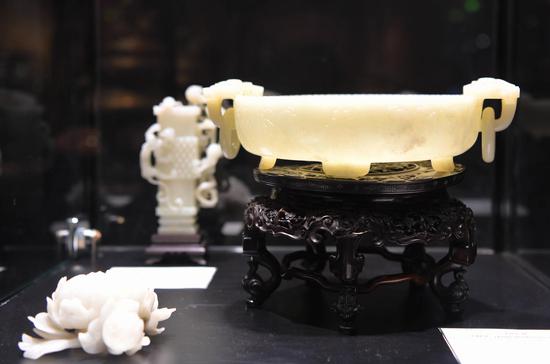
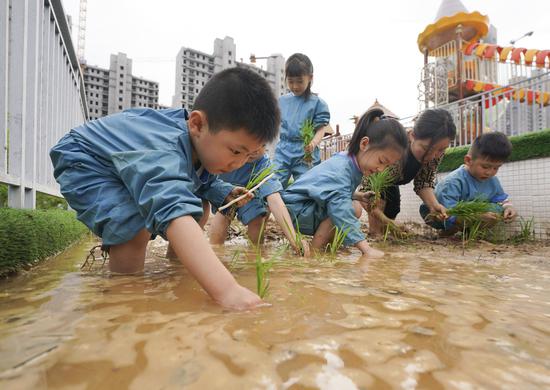

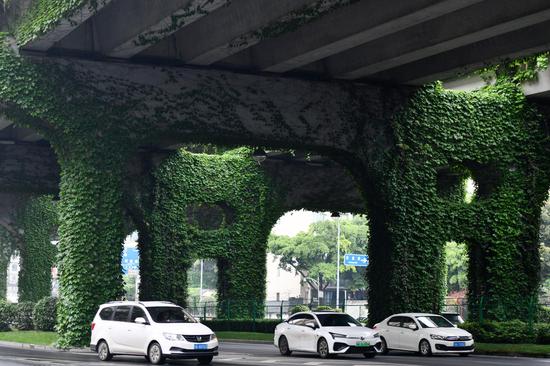
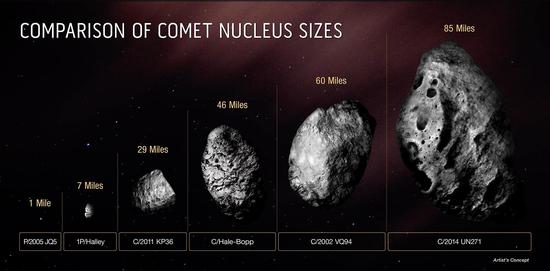





 京公网安备 11010202009201号
京公网安备 11010202009201号